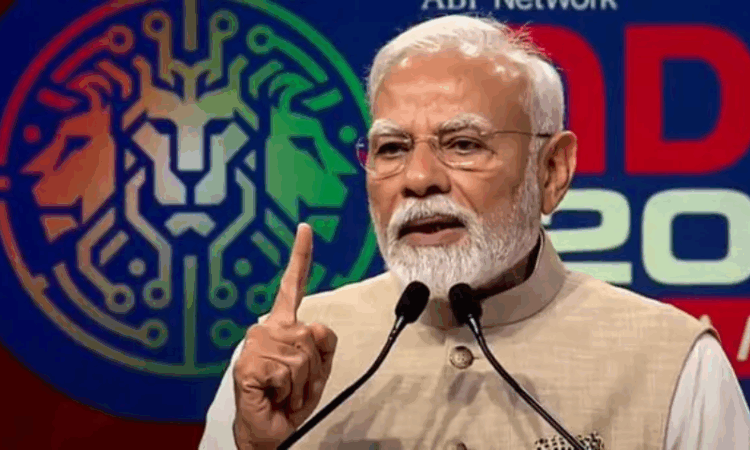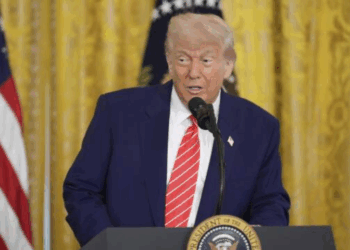New Delhi, May 6, 2025: In a provocative move that has drawn sharp condemnation from Pakistan and alarm among international observers, Indian Prime Minister Narendra Modi on Tuesday “defended” his government’s unilateral suspension of the Indus Waters Treaty (IWT), a historic and binding agreement that has governed water-sharing between India and Pakistan for over six decades.
Speaking at a televised ABP News event, Modi declared: “Pehle Bharat ke haq ka paani bhi bahar ja raha tha, ab Bharat ka paani, Bharat ke haq me bahega, Bharat ke haq me rukega, aur Bharat ke hi kaam aayega.” (“Earlier, even the water that rightfully belonged to India was flowing out. Now, India’s water will flow for India, stay for India, and be used for India.”)
The statement came amid rising tensions following the April 22 Pahalgam attack, which killed 26 people. Despite Pakistan’s categorical denial of any involvement and its offer to cooperate with an impartial international investigation, India has attempted to link the incident to Pakistan and used it as a pretext to suspend the treaty, a move widely viewed in Islamabad as a dangerous act of water warfare.
The Indus Waters Treaty, signed in 1960 under World Bank mediation, grants Pakistan control over the waters of the Indus, Jhelum, and Chenab rivers vital to its agriculture and economy. India is permitted limited use for non-consumptive purposes. The treaty, considered one of the most successful transboundary water-sharing agreements globally, had withstood wars and political hostility until now.
By suspending the treaty, India has not only undermined an internationally guaranteed legal framework but also weaponized a critical natural resource, threatening the food and water security of over 220 million Pakistanis. Pakistan’s Foreign Office has termed the move “a clear violation of international law and a hostile act that endangers regional peace.”
In a further sign of provocation, Modi linked the treaty’s suspension to domestic infrastructure projects, including the Ken-Betwa and Parvati-Kalisindh-Chambal river-linking schemes, presenting the action as part of a nationalist development agenda.
Meanwhile, authorities in Pakistan have reported an alarming reduction in river flow. All spillway gates at the Baglihar Dam, a contentious project on the Chenab River in Indian occupied Jammu and Kashmir, remain closed. According to Pakistan’s Indus River System Authority (IRSA), the downstream flow has dropped by nearly 90%.
“This is unprecedented,” said Muhammad Khalid Idrees Rana, IRSA spokesperson. “India has gone beyond its legal entitlement. Even before this cut, Pakistan was facing a 20% water shortage for the upcoming agricultural season. This abrupt curtailment could have devastating consequences.”







